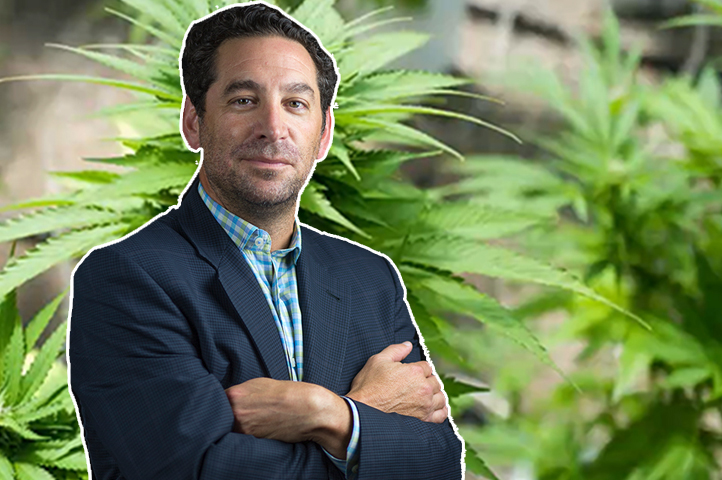The legalization of marijuana has become so mainstream that a segment called “Marijuana Moms” appeared on the “Today Show” earlier this month, featuring moms who regularly smoke weed and claim it makes them better parents. But make no mistake, scores of people, particularly poor and of color, have criminal records or still sit in prison because of marijuana.
Mitchell Kulick, founding partner at the New York City law firm Feuerstein Kulick LLP, which advises investors and early stage cannabis companies, talked to Salon’s Amanda Marcotte about the the status of legal marijuana across the country and whether decriminalization works.
Here are some highlights from their conversation. Watch the video for more on the legalization of marijuana.
On the state of legal marijuana in the U.S.:
The overall state of legalized marijuana in the United States is fragmented. So you have at this point in time, about 30 states that have a medical program, sort of a robust medical program. I think it’s probably closer to almost 50 states that have some form, but a real medical program is about 30 states and then there are eight states that have a recreational. I think you just mentioned Maine, Massachusetts, Nevada, those are the most recent to have passed a recreational program.
Decriminalization—people confuse the two, between legalization and decriminalization. In New York City, marijuana is decriminalized, meaning that if you were caught with possessing a certain small amount, you’re going to get a ticket like a traffic ticket, which is different than legalized, which is your ability to go purchase it at a store or dispensary.
On whether decriminalization is effective:
Definitely, it’s not an effective way, but this seems to be the only way, as far as the United States at this point in time. Certainly, if you look to Canada, our neighbor to the north, what they’ve done is, they’ve legalized it across the entire country for medical, at this point in time, moving towards recreational. That solves a lot of problems when you’re legal across your entire country, in terms of banking, access to capital markets, etc, which are very difficult aspects participating in the industry here in the United States being so fragmented.
It was a Western movement, but now it’s going to be, it’s everywhere. Once Massachusetts voted there, which will start July 1, 2018, it puts a lot of pressure on the neighboring states to do the same thing because otherwise all their citizens are going to move across the border and pay their taxes to Massachusetts and not to Connecticut, and Rhode Island, and Vermont. I think it’s going to spread, the East Coast is going to be huge.

